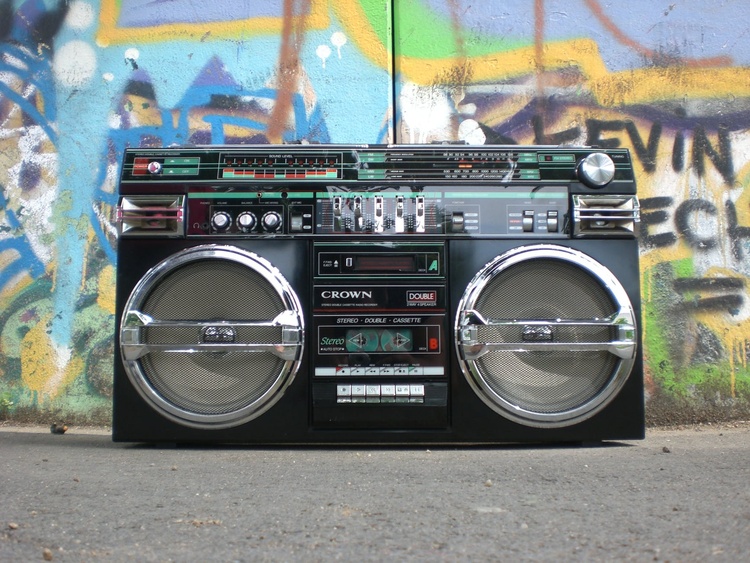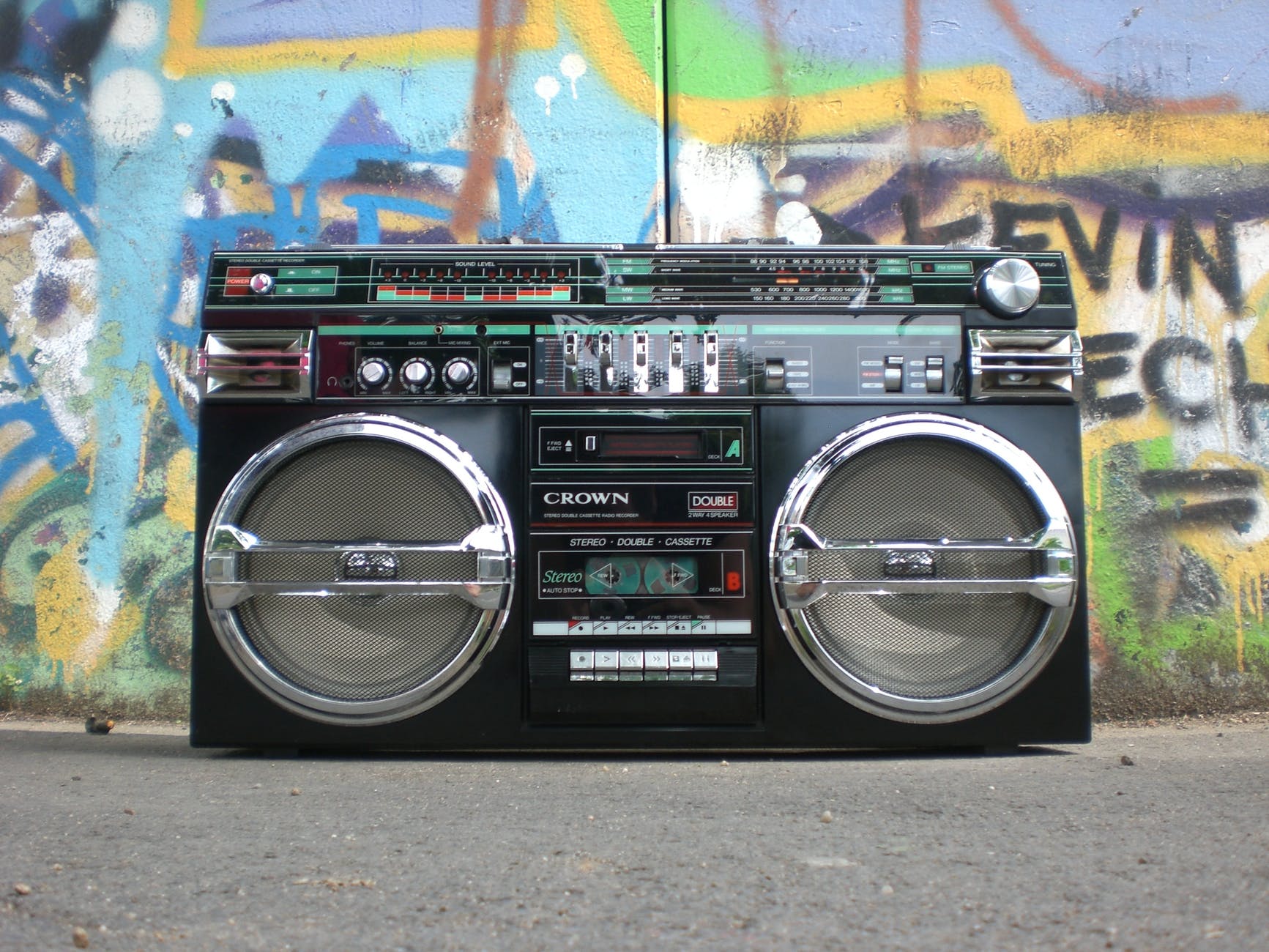The ANU Associate Professor in Italian Studies recently co-authored a book with Mathias Stevenson, Reggae and Hip Hop in Southern Italy: Politics, Languages and Multiple Marginalities (2018), which identifies the musical genre as a political movement working to reclaim Southern identity.
“It all started when I supervised a PhD student in this topic,” Prof. Scarparo said, referring to would-be collaborator Stevenson, who completed his PhD on The Politics of ‘Connective Marginalities’ in Italian Reggae Culture, at Monash University in 2014.
“We decided we wanted to work together,” Prof. Scarparo said.
“Mathias’ research in reggae-inflected hip hop went up to the early '90s, and so we wanted to look at more contemporary music, as well as women’s contribution to the genre.”
The pair also decided to focus their study on Southern Italy, and in particular, the regions of Sardinia and Puglia.
“When people talk about the South, everyone assumes it means Sicily or Calabria,” Prof. Scarparo said.
“But reggae-inflected hip hop was actually born in Salento, Puglia.
“There is a very strong production of that kind of music in these places, with a widespread use of local languages.”
Prof. Scarparo said that the kind of hip hop the pair examined has very specific roots in reggae music, a genre which was born in Jamaica, and which is closely associated with political commentary, as well as Rastafarianism, which views music as a tool for political change.
Prof. Scarparo identified the desire in Southern Italy to make reggae-inspired music as a reflection of a strong, political undercurrent pushing for identify reclamation in the wake of the Italian Unification.
Hip hop artists such as Claudia Aru and Mama Marjas, two women working in the genre, identify Unification as a form of colonisation by Northern powers.
The music reclaims the traditions of the South by re-telling history as silencer.
Prof. Scarparo mentioned the little-discussed Spanish conquest of Sardinia, as an example of history which has been quietly swept under the carpet.
Historically dominant narratives are challenged by artists who utilise local dialects to reclaim language and maintain identity in a globalised world.
In the view of Scarparo and Stevenson, reggae-inflected hip hop music, which arose in the early to mid ’80s in Italy and is produced right up until now, replaced an earlier generation of political singer-songwriter music.
The book by Scarparo and Stevenson also claims that the genre defies cultural stereotypes of the South.
“Often we think of the South as being backwards,” Prof. Scarparo said.
“Culture is said to be driven by the North.
“But this music is Southern-centric.
“For once the South is leading a cultural movement.”
The music has been identified by Scarparo and Stevenson as having strong ties with the emergence of centri sociali, autonomous social centres which are prevalent in cities and provide enclaves of free information, cultural shows and community workshops.
These centres foster freedom through self-reliance and are independent from any dominant institution or ideologies.
Prof. Scarparo also said that although the music is unique and inherently “local” in its use of native dialects, it is also part of a global, cultural flow of identity reclamation.
“The artists see themselves as part of a global tradition,” Prof. Scarparo said.
“In the book, we talk about ‘connective marginality’.
“It means that there is both a feeling of local marginalisation, but connection to other, global communities or genres, such as UK punk.
“We also look at the way reggae arrived in Italy, from Jamaica, into England, and then Italy.
“Marginalisation gave rise to these particular types of music around the world.
“In a global context, the music artists connect with the ghettoes of Los Angeles, and [the oppressed in] Latin America.”
In this way, reggae-inflected hip hop holds a certain political currency within a globalised community.
“Just like with everything, the internet has created strong communities of people who talk to each other,” Prof. Scarparo affirmed.
“These musical productions represent one of Italy’s most significant forms of creative political expression since the 1970s.”
Susanna Scarparo holds a PhD in Italian and Comparative Literature from the University of Auckland.
She is Associate Professor in Italian Studies and Associate Dean (Student Experience) at ANU College of Arts and Social Sciences.












